Does this sound like your typical day? You wake up, immediately check texts and emails, hurry in to the office, plow through more emails, attempt to work on a project while listening to a webinar, hop on a series of calls, respond to more emails, then realize it is now too late for that project, so you finish it at home or the next day?
We all check email. But did you know there are underlying effects from doing it so often? According to Gloria Mark, a professor at UC-Irvine, multiple studies showed that “the more people dealt with email the more negative their mood became. And, the longer they spent on email, the stronger their negative mood increased. Workers who checked email less often said they experienced 16 percent lower daily stress; switched windows half as often (from 37.1 times per hour to 18.2 times per hour) and saw an improvement in their overall well-being.”
So why do we still do it? Some say it is the path of least resistance. Some say it is harder to tear yourself away from digital distractions rather than just keep doing it. Being in email constantly though isn’t working smarter if you are valuing “being responsive” MORE than getting results. So how can we use email more effectively? Consider checking email periodically and purposefully. So often we worry about the person who says, “did you get the email I sent you a few minutes ago?” Instead of worrying about that, try asking yourself how much MORE you could get done if you didn’t live in your inbox and respond to every email within 10 minutes? If this is still troubling, consider creating a clever auto response. Auto responses aren’t just for when you are on vacation, or at a private appointment, etc. Auto responses can be used to your advantage, and when seen enough, may spark others to use this technique as well! Create a clever response like this: “Thank you so much for your note and reaching out. Today I have many other commitments that won’t allow me to give your email the attention it deserves until (X o’clock). I’ll catch up with you then. However, if this is truly an urgent matter, then leave a message at (XXX) and I will get back to you as soon as possible.”
Now, for clarity and effectiveness, we need to address the truth. Ask yourself how much clearer and more focused you are when, after 90 minutes into a project, you have allowed zero interruptions? How much better is that result than the decision you made to check email and do other things along the way? The truth! It will set you free!
In conclusion, ACT. Don’t be acted upon. In other words, checking social media is reactive. Web browsing is reactive. Responding to email is reactive. Building relationships, however, is purposeful. Searching the web is purposeful. Composing an email is purposeful!
Wouldn’t it be great if we could all clear our minds and shift our stress to more of a positive feeling, like the adrenalin we feel during a sporting event or a performance we are excited about! If we make the effort to hit the reset button, we can all realize how much time EACH day the RESET button will save us!
Cathy Drzal for the Align Team

